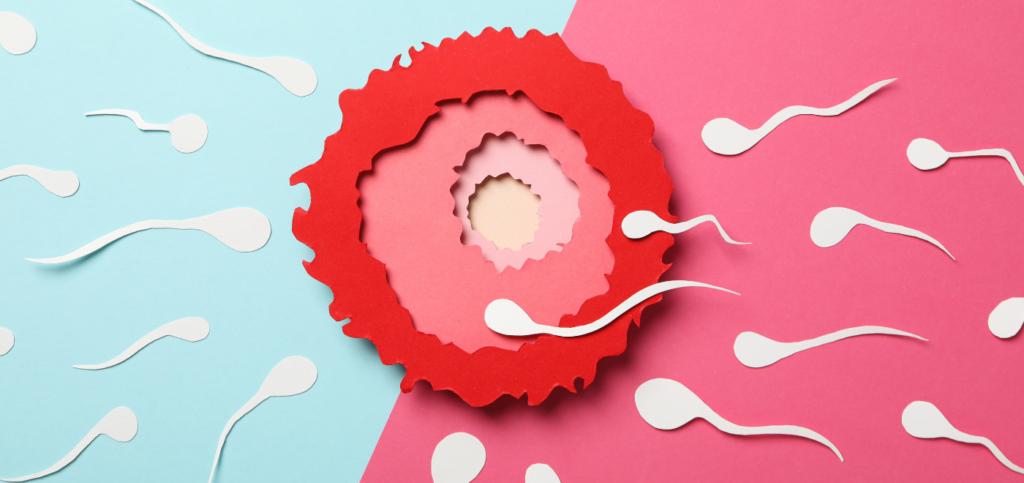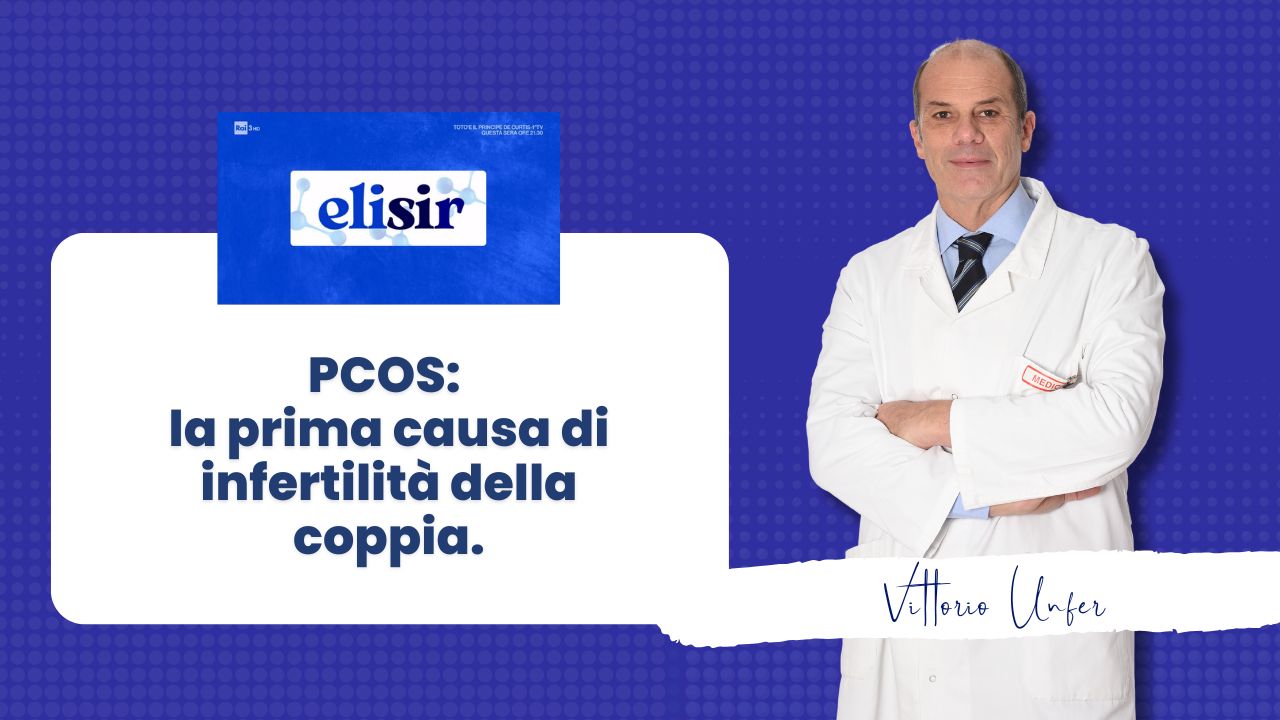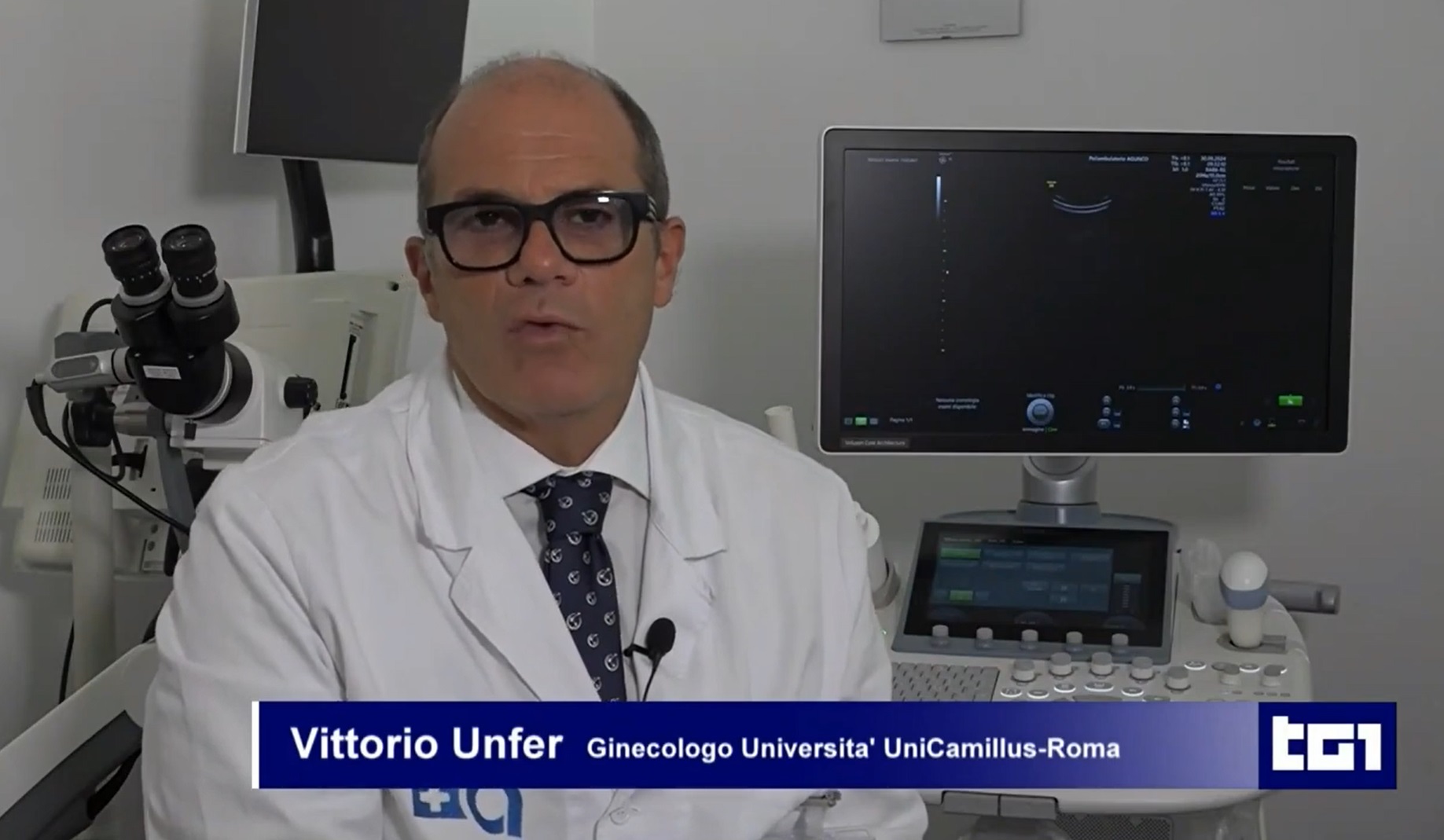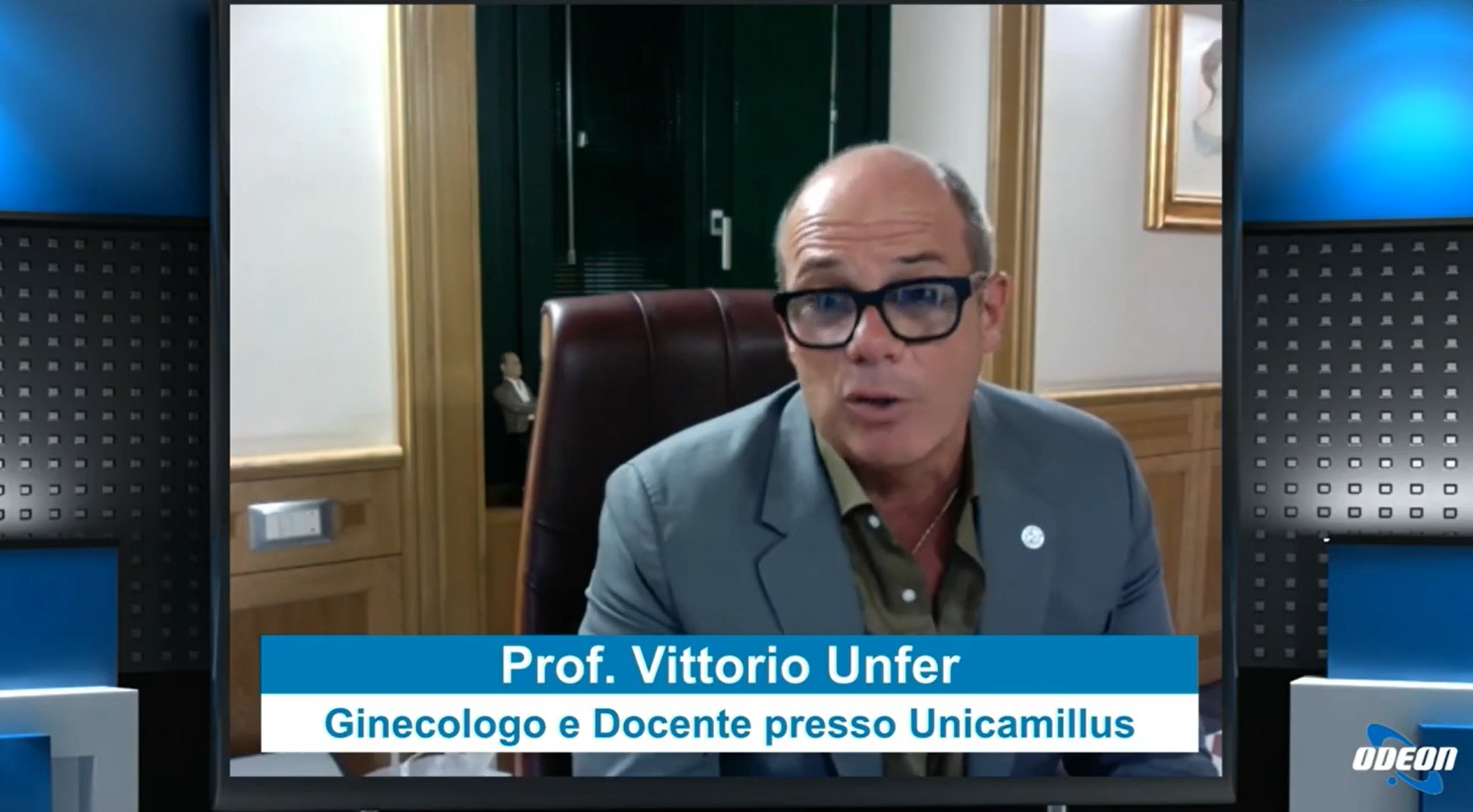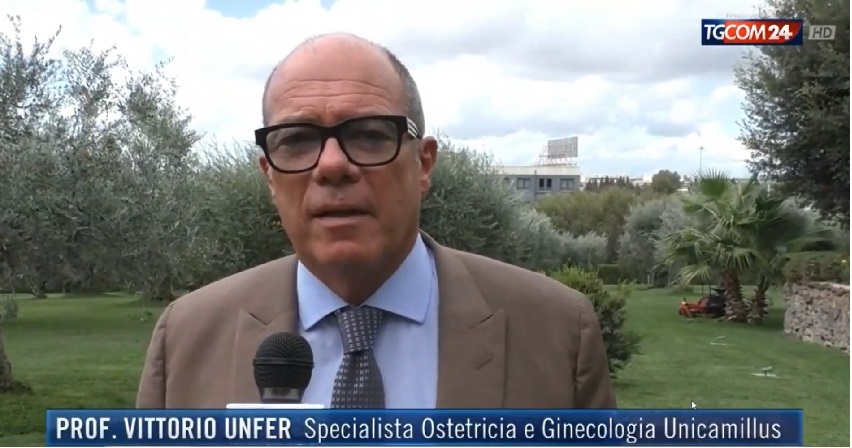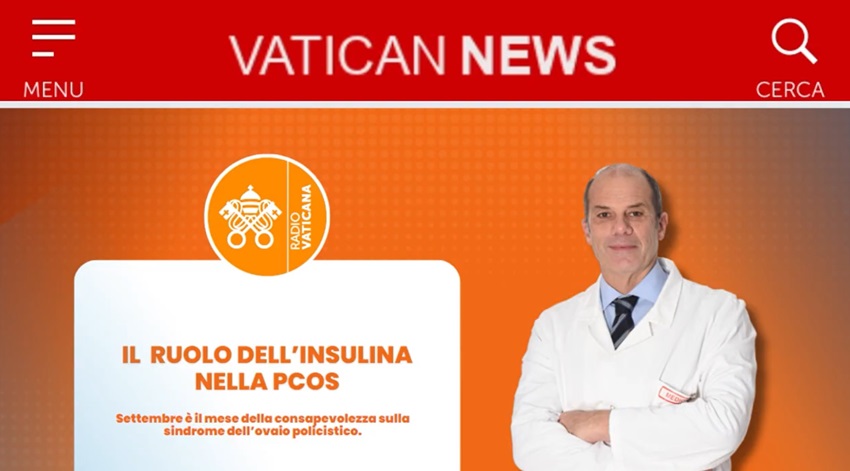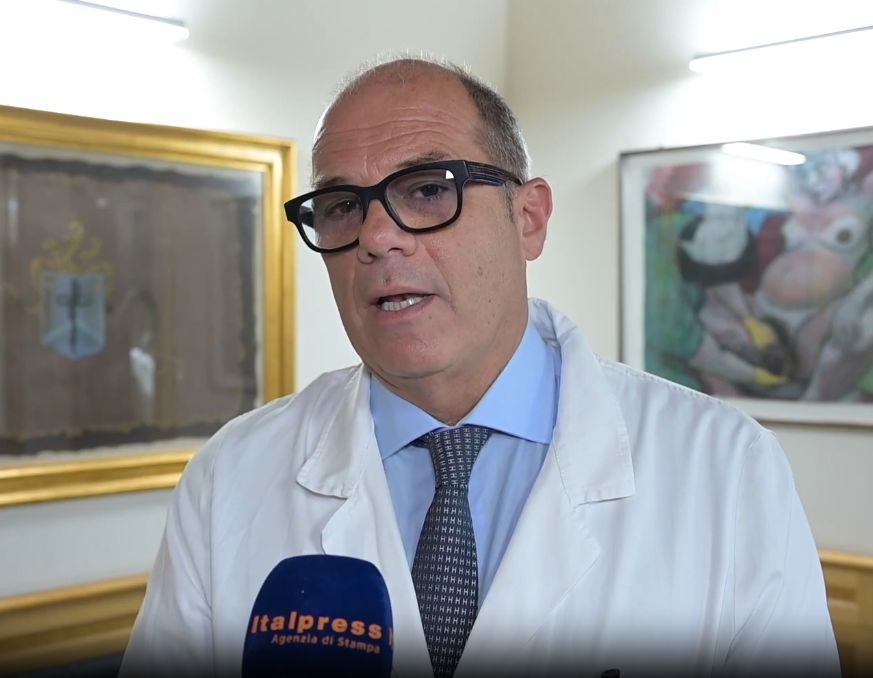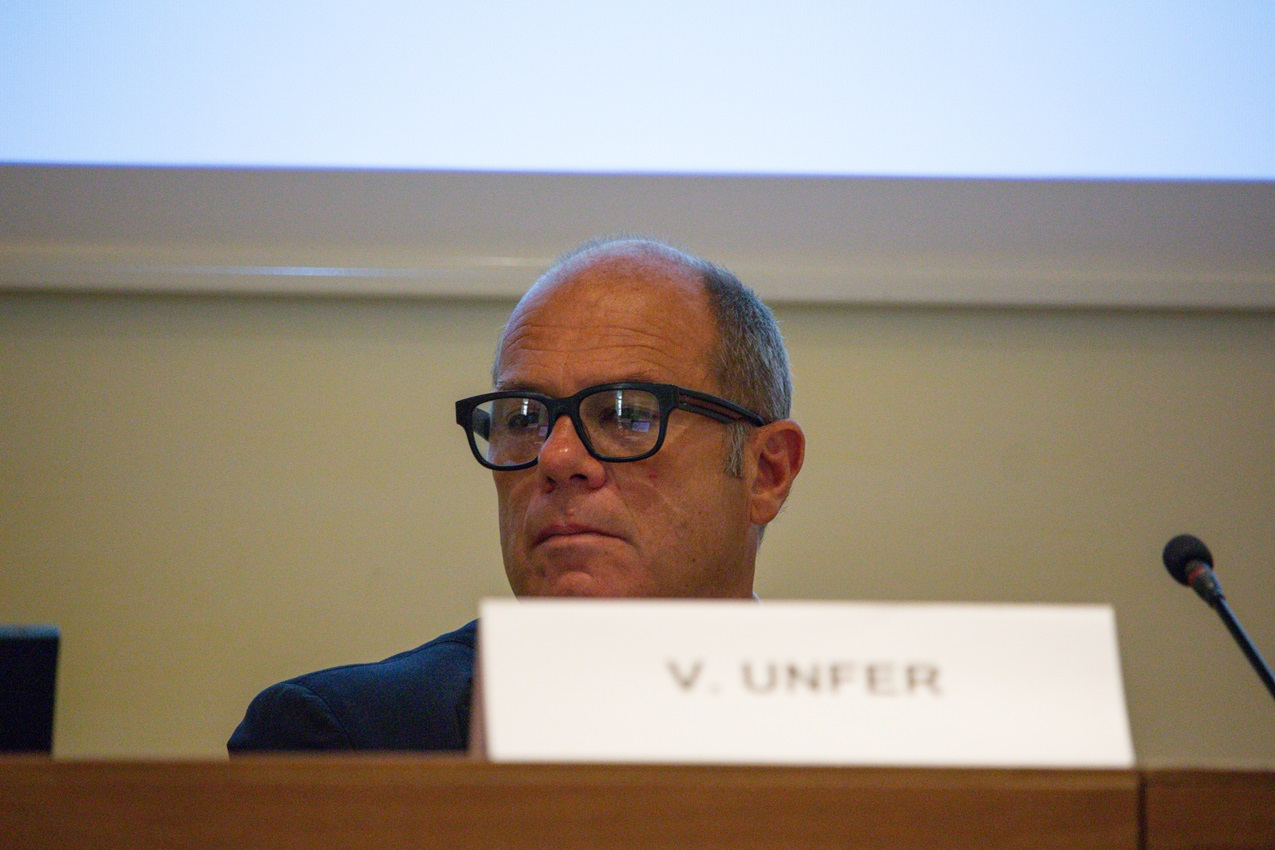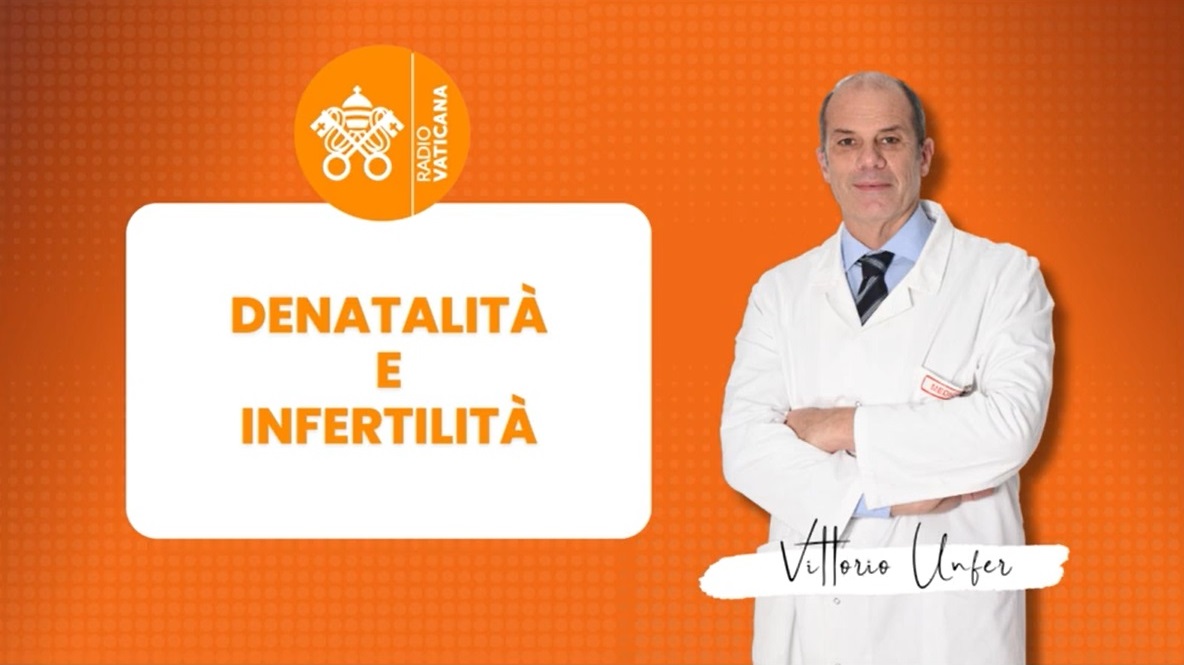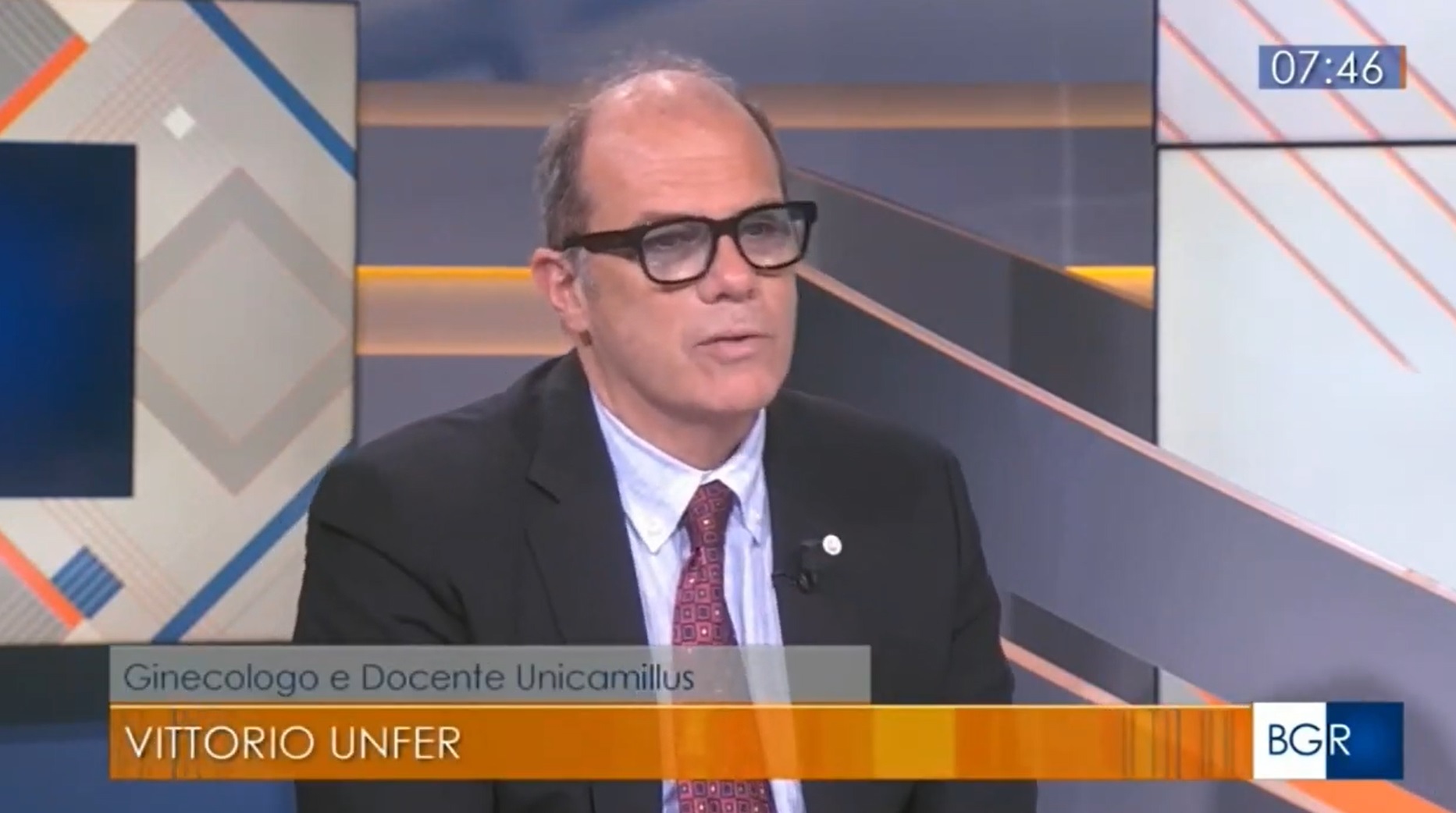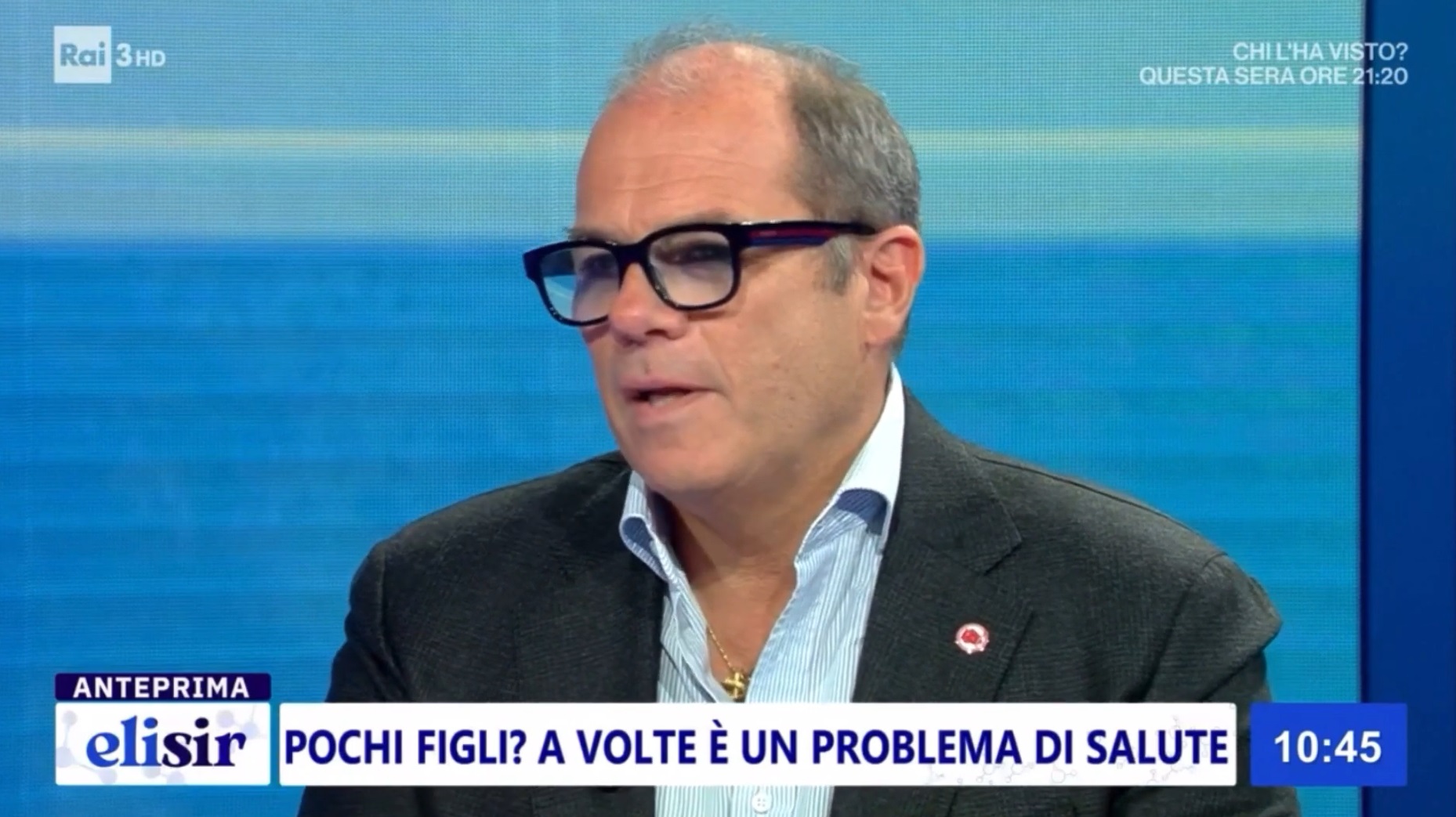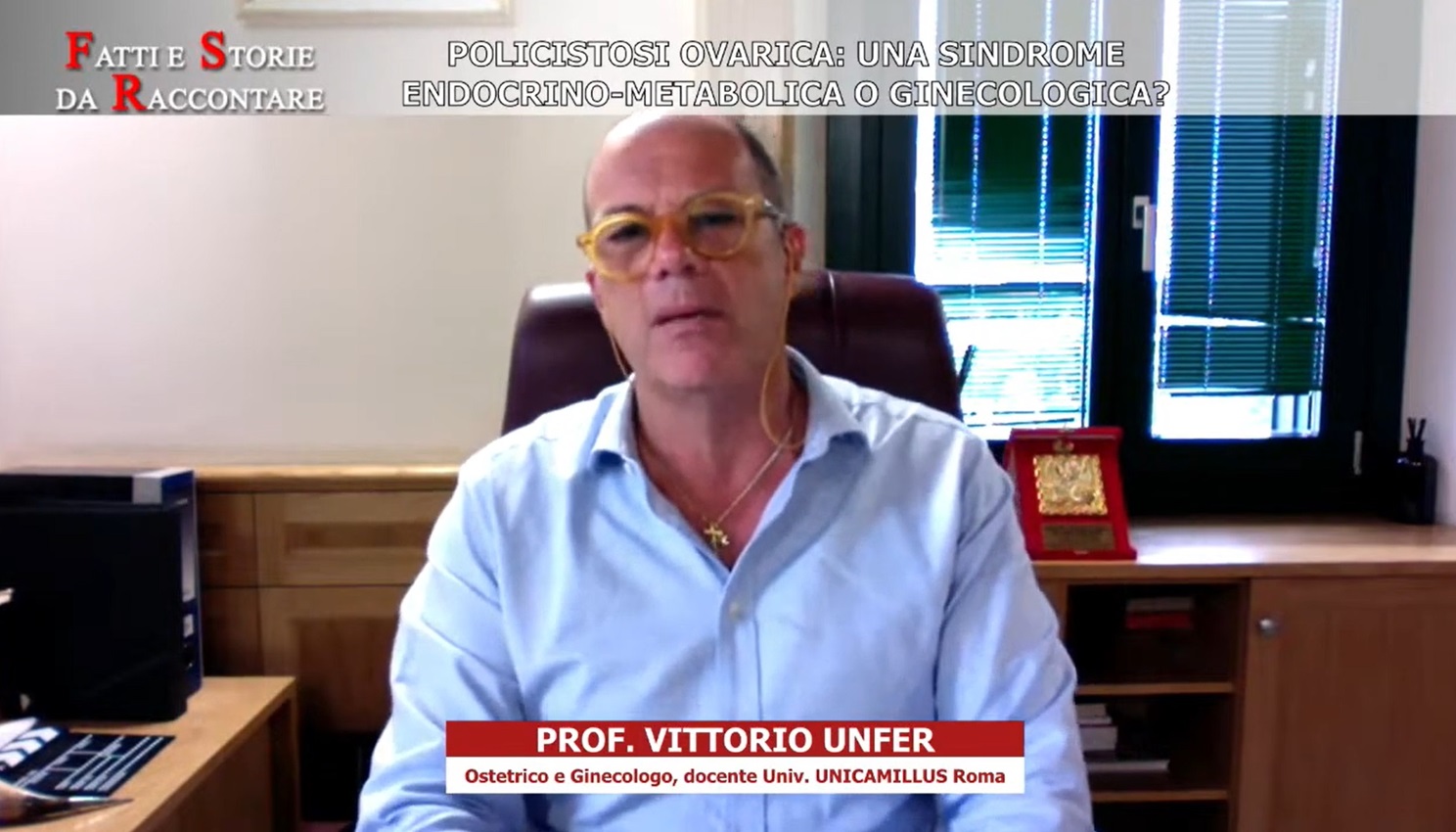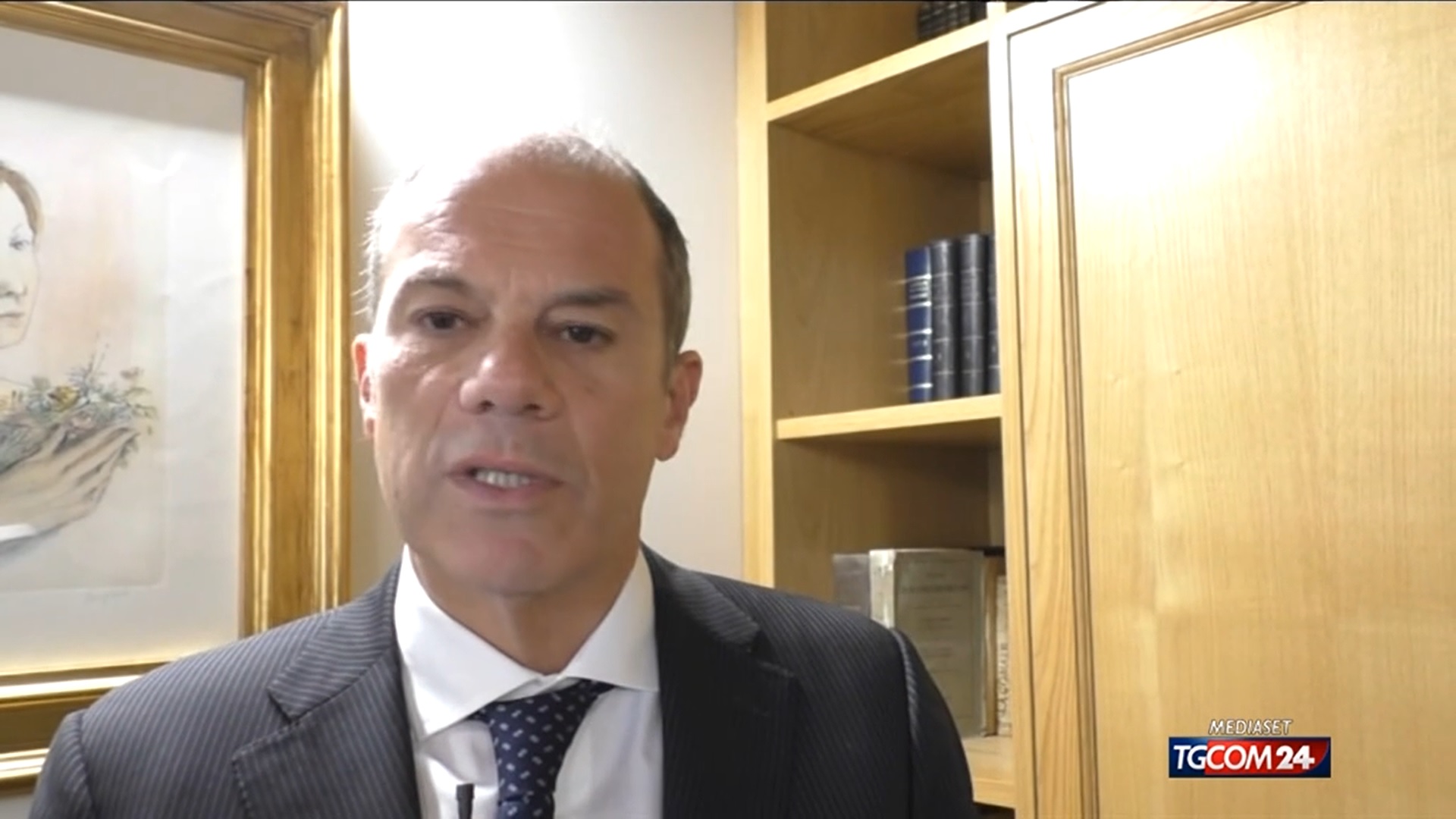The aim of this prospective, randomized trial was to compare the clinical results and the cost-effectiveness of urinary FSH (uFSH) and recombinant FSH (rFSH) in ovarian stimulation for intrauterine insemination (IUI) cycles in polycystic ovary syndrome (PCOS) patients. One-hundred and seventy PCOS infertile patients undergoing IUI were enrolled, and protocols of ovarian stimulation with uFSH or rFSH were randomly assigned. The total number of cycles performed was 379 (182 and 197, respectively). The main outcome measures were the number of mature follicles, the days of stimulation, the number of ampoules and IU used per cycle, the biochemical/clinical pregnancy rates, the number of multiple pregnancies and the cost-effectiveness. No statistically significant differences were found in the follicular development, length of stimulation, pregnancy rates, delivery rates and multiple pregnancies between the two groups. In the uFSH group, the cost per cycle remained significantly lower (€218.51 ± 88.69 versus €312.22 ± 118.12; P < 0.0001), even though a significantly higher number of IU of gonadotrophins were used (809.3 ± 271.9 versus 589.1 ± 244.7; P < 0.0001). The cost-effectiveness (i.e. within a group, the total cost of all cycles divided by no. of clinical pregnancies) was 1729.08 in the uFSH group and 3075.37 in the rFSH group. In conclusion, uFSH and rFSH demonstrated the same effectiveness in ovarian stimulation in IUI cycles in PCOS patients. The urinary preparation is more cost-effective due to the difference of its cost per IU.



